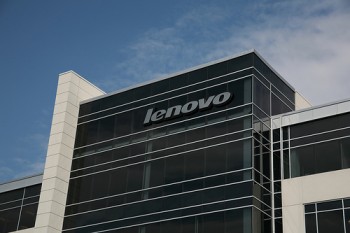
Could Lenovo buy RIM?
With Research in Motion failing to innovate and sustain in a growing smartphone market, the Canadian manufacturer is finding it tough to survive. Blackberry isn’t quite dead, but with Android, iOS and Windows Phone capturing the interests of those looking to buy smartphones more than any other operating system it’s clear that a comeback will be as hard to muster up as year-old peanut brittle.
Recent rumors suggest RIM is looking into several options to gain some relevancy, including selling off its hardware business and becoming an OS vendor for other OEMs to license from. Another option seems to be on the table — just sell everything, dammit.
Bloomberg reports that Lenovo, the Chinese OEM with a very strong foothold in the personal computing market, could be looking to flat-out purchase RIM in a bid that would shake the market up considerably. Lenovo would stand to gain the resources it needs to attempt to become a global provider in the mobile sector, but it’s unclear how, exactly, they would use RIM to reach that goal.
I could definitely see Lenovo keeping the RIM boat afloat as the company tries to change its luck with Blackberry 10. Perhaps Lenovo just wants the Blackberry software in order to differentiate itself from the market — after all, when the billion dollar madmen at Samsung have a vice grip on the market using the same operating system you are trying to leverage, it’s tough to stand out.
CFO Wong Wai Ming said Lenovo would “have no hesitation if the right opportunity comes along that could benefit us and shareholders.” In other words, if RIM is willing to sell and is happy with the amount of 0’s Lenovo’s willing to stuff onto a check, we could see the next major acquisition take place sometime in the near or distant future.
Of course, Lenovo likely isn’t the only one having conversations with RIM, and it’s hard to imagine that an even bigger player isn’t lurking around the corner waiting to one-up any offer they’re willing to put on the table. Should Blackberry OS fail to gain momentum starting this year then I’d say there’s a very good chance that these talks will commence sooner rather than later.